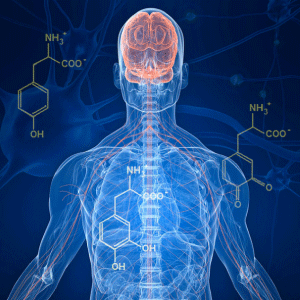Methamphetamine, or meth, is an illegal and highly addictive drug. It is a dangerous and potent man-made chemical and, as with all drugs, a poison that first acts as a stimulant but then begins to systematically destroy the body.
Highly addictive, meth burns up the body’s resources, creating a devastating dependence that can only be relieved by taking more of the drug. The physical and psychological effect cause by meth is highly concentrated, with many users report getting addicted from the first time they use it. Consequently, it is one of the hardest drug addictions to treat and some can die in its grip.
The United Nations Office on Drugs and Crime estimated the worldwide production of amphetamine-type stimulants, which includes methamphetamine, at nearly 500 metric tons a year, with 24.7 million abusers.
Meth creates an artificial pleasure sensation. It does this by mimicking the chemicals that, without drugs, would send pleasurable impulses to the brain. The problem with extended use of meth is that the brain can no longer tell the difference between artificial and natural pleasure signals.
This leads to a destruction of the brain’s natural survival instincts – as it becomes more and more reliant on the fast, “cheap” pleasure impulses sent by the meth. When the brain acts in this manner, dependence to the drug occurs.
When the amphetamines found in meth begin to work their way through the blood stream, it ignores natural chemical messengers associated with positive feelings. The meth user gets the positive feeling, but the brain and nervous system are being short-circuited in the process. Because the body is getting all these artificial good feelings, it shuts down its ability to created positive impulses naturally. When this occurs, the only way for the user to experience anything positive now comes through the use of the meth. This, again, is the process behind and the nature of meth addiction.
The first time an individual uses meth, they experience a very significant “high” off of the drug. This experience becomes hard-coded into the individual’s memory. Now, for the remainder of an individual’s addiction, the brain will be trying to capture the same positive feelings of this first usage
The problem is, NO experience is ever as intense as the first usage. The brain adapts to the drug almost immediately, which means it will require more and more meth each time to try and replicate the initial high. This leads to severe meth addiction as the body tries in vain to make each time like the first time. In the long term, meth use can cause irreversible harm: increased heart rate and blood pressure; damaged blood vessels in the brain that can cause strokes or an irregular heartbeat that can, in turn, cause cardiovascular collapse or death; and liver, kidney and lung damage.









